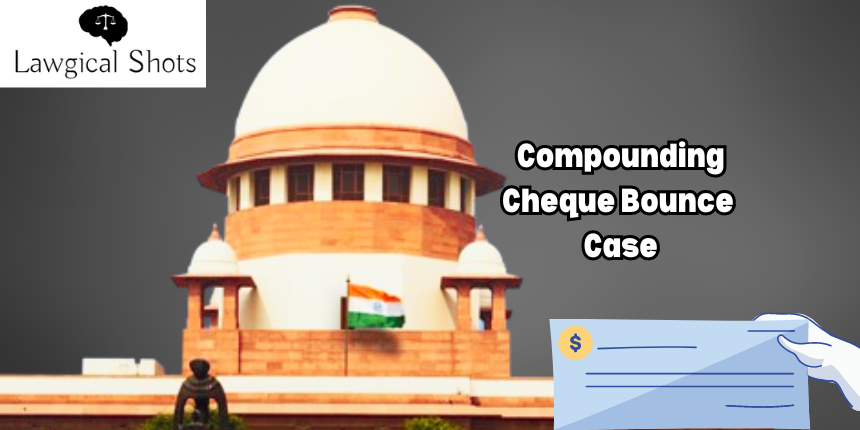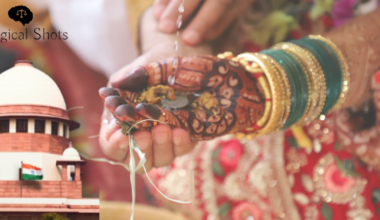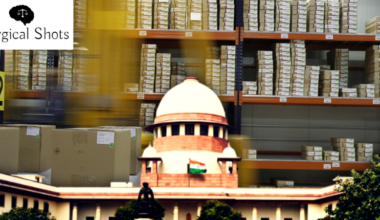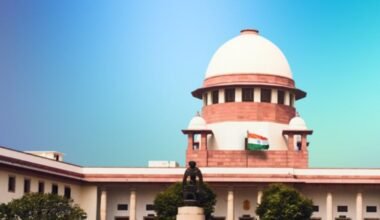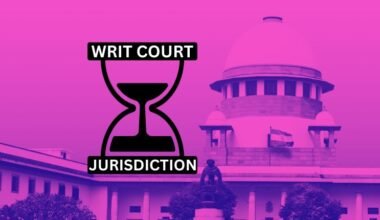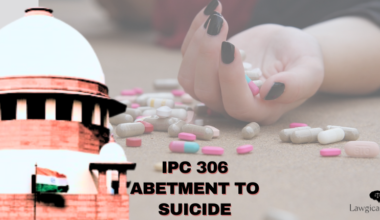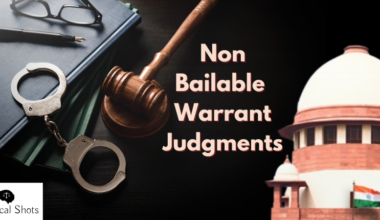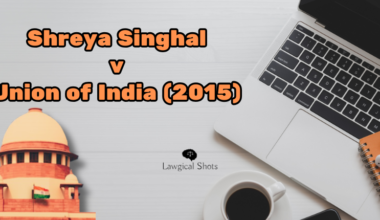What happens if accused is ready to pay cheque amount but complainant refusing to accept? Does the person still get convicted? What is the importance of compromise in cheque bounce case? And the ultimate question that pops is….
Can a cheque bounce case be compounded under NI Act?
The direct answer lies with Section 147 of the Negotiable Instruments Act,1881 wherein, it has been clearly enunciated that “every offence punishable under this Act shall be compoundable.” Hence, what are the terms for compounding a case under Section 138 of NI Act? The blog below contains judgments of the Supreme Court of India wherein the facts pertain to compromise between the parties, or for circumstances when the accused paid cheque amount.
Accused paid cheque amount, but cannot be absolved from liability
In the matter of Raj Reddy Kallem v. State of Haryana & Anr. (decided on April 8, 2024), the Division Bench of Justice AS Bopanna and Justice Sudhanshu Dhulia discussed compromise in cheque bounce case in the absence of the complainant’s consent, when the accused paid the cheque amount. The Bench was dealing with a debt of Rs.1.55 Crores wherein the appellant had paid back the entire amount (with a delay of 8 years) and additionally paid Rs 10 lakhs as interest. The parties had also discussed a compromise in cheque bounce case in case of repayment. The Court held that “the courts cannot compel the complainant to give ‘consent’ for compounding of the matter…. mere repayment of the amount cannot mean that the appellant is absolved from the criminal liabilities under Section 138 of the NI Act.” The Court allowed the appeal considering the facts in entirety.
Also read – Cheque Bounce Case Procedure
Trial Court’s discretion to close proceedings under 138 NI Act
In the case of Meters and Instruments private Ltd. And Another. v. Kanchan Mehta (decided on October 5, 2017) observed that even in the absence of ‘consent’ court can close criminal proceedings against an accused in cases of section 138 of NI Act if accused has compensated the complainant. In other words, the Apex Court gave discretion to the Trial Court to close the proceedings and discharge the accused, which was subsequently tagged by the Larger Bench of 5 Judges as ‘not a good law’.
Can a cheque bounce case be compounded? – Consent matters
The Supreme Court in JIK Industries Limited & Ors. v. Amarlal V. Jamuni & Anr upheld the importance of consent of the aggrieved. The Court said that “Section 147 of the NI Act must be reasonably construed to mean that as a result of the said section the offences under the NI Act are made compoundable, but the main principle of such compounding, namely, the consent of the person aggrieved or the person injured or the complainant cannot be wished away nor can the same be substituted by virtue of Section 147 of the NI Act.” Hence, if accused is ready to pay cheque amount but complainant refusing to the same, compromise may not be allowed by the Court.
Section 147 NI Act no bar to compound offence at appellate stage
In the matter of K.M. Ibrahim vs K.P. Mohammed & Anr. (decided on December 2, 2009), the Court clarified that Section 147 of NI Act does not bar the parties from compounding an offence under Section 138, even at the appellate stage of the proceedings.
Supreme Court Guidelines for Compromise in Cheque Bounce Case
In Damodar S. Prabhu v. Sayed Babalal H. (decided on May 3, 2010), the Supreme Court gave specific guidelines in case of compromise in a cheque bounce case. The matter pertained to dishonour of 5 cheques. The Bench explained the increase in punishment from 1 to 2 years that “the legislative intent was to provide a strong criminal remedy in order to deter the worryingly high incidence of dishonour of cheques.” The Court held that Section 147 of NI Act, 1881 is an enabling provision which provides for compounding of offences prescribed, thereby serving as an exception to the general rule incorporated in Section 320(9) of the CrPC.
Section 138 conviction can be annulled even if Courts upheld conviction
In the case of O.P Dholakia v. State of Haryana & Anr. (decided on November 15, 1999), the Supreme Court dismissed the counsel’s contention that since conviction was upheld by three preceding forums, the Apex Court could not interfere with the same. While highlighting the compromise between the parties and the money being received in its entirety, the Bench looked into the facts and annulled the conviction and sentence under Section 138 of NI Act.
Inference
Based on the aforementioned case laws answering – Can a cheque bounce case be compounded?, it can be concluded that the consent of the aggrieved party holds much importance, even if accused paid cheque amount, or shows willingness to pay.
